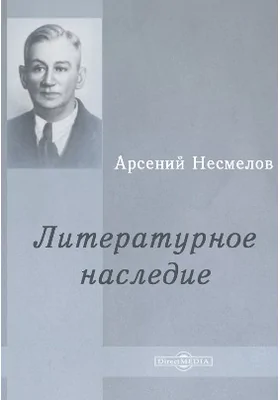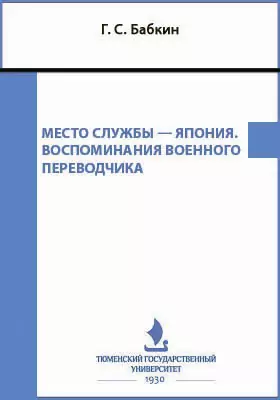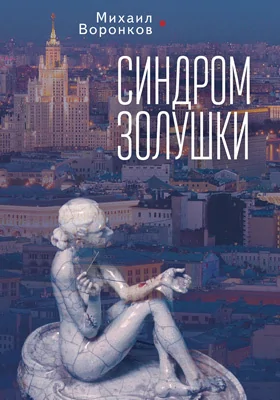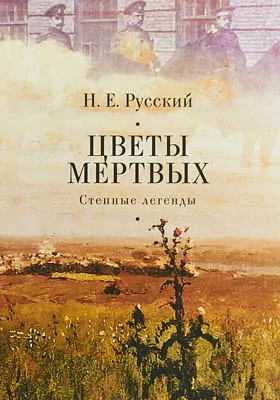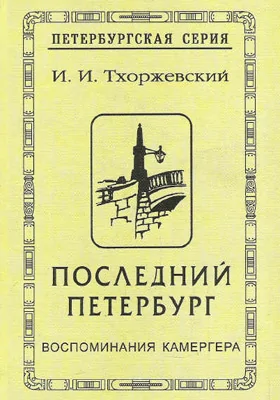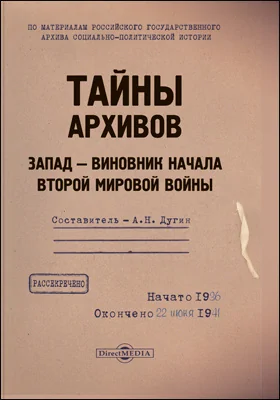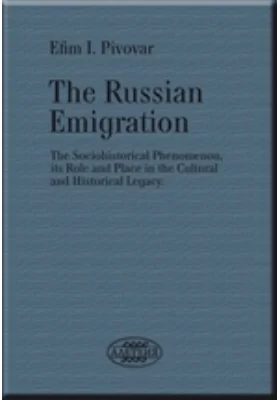
The Russian Emigration: the Sociohistorical Phenomenon, its Role and Place in the Cultural and Historical Legacy
Здесь можно купить книгу "The Russian Emigration: the Sociohistorical Phenomenon, its Role and Place in the Cultural and Historical Legacy" в печатном или электронном виде. Также, Вы можете прочесть аннотацию, цитаты и содержание, ознакомиться и оставить отзывы (комментарии) об этой книге.
Место издания: Санкт-Петербург
ISBN: 978-5-91419-852-4
Страниц: 360
Артикул: 7404
Краткая аннотация книги "The Russian Emigration: the Sociohistorical Phenomenon, its Role and Place in the Cultural and Historical Legacy"
In his book Professor Efim Pivovar studies the phenomenon of the Russian Emigration since the second half of the 19th until the early 21st century. He analyzes specific reasons for emigration, the structure and features of the Russian diasporas in various countries including former Soviet republics. The book studies the process of shaping and interaction of the flow and waves of the Russian Emigration, their quantitative and qualitative characteristics, their influence on the culture and internal affairs in Europe, the US, and the countries of the Asian Pacific.The book presents a complex, multifaceted and in many ways contradictory picture of the evolution of the Russian Emigration in the globalized world, illustrates the role it plays in the history and culture of Russia and the world as a whole.The book is intended for readers both in Russia and abroad, specialists in the Russian history and culture, as well as for general audience.
Содержание книги "The Russian Emigration: the Sociohistorical Phenomenon, its Role and Place in the Cultural and Historical Legacy "
Introduction
Chapter I. Today’s theoretical approaches to Studying the History of the Russian Emigration
Chapter II. The Russian Emigration: Some Results of Previous Studies
Chapter III. The Russian Emigration as a Worldwide Historical Phenomenon
Chapter IV. Shaping of the Russian Diasporas in the Globalized World
Chapter V. The Principal Centers of the Russian Emigration in Europe, in the US, in the Middle East, and in the countries of the Pacific
Chapter VI. The Authorities and the Emigration
Chapter VII. Institutionalizing the Russian Emigration
Chapter VIII. The Cultural and Historical Heritage of the Russian Emigration in Today’s Russia
Conclusion
Notes
Все отзывы о книге The Russian Emigration: the Sociohistorical Phenomenon, its Role and Place in the Cultural and Historical Legacy
Отрывок из книги The Russian Emigration: the Sociohistorical Phenomenon, its Role and Place in the Cultural and Historical Legacy
138 E. I. PivovarAs the opposition asserted itself in the foreign community and consolidated its relationships with the international revolutionary movement, it set for itself the task of presenting the Russian Empire to the global community as “the prison of the peoples,” of revealing the destructive elements of the Tsarist regime. The international response to the 1870s and 1880s Russian revolutionary movement helped forge ties between émigré colonies and societies and various political parties and movements in France, Germany, Italy, and Great Britain. Russian revolutionary centers abroad became part of the European and American po-litical landscape and of the global social and political revolutionary movement, thus getting involved with various institutions and social campaigns. For in-stance, on November 29, 1878, P. Kropotkin and N. Zhukovsky addressed the “Równosc” international meeting organized by the activists of the Polish revo-lutionary movement in Geneva. When the first Russian Marxists took part in in-ternational socialist congresses, it was a significant step in the establishment of European centers of Russian Marxism. For instance, P. B. Axelrod was invited to the illegal German Social-Democratic Party Congress in Switzerland, attended by August Bebel, Wilhelm Liebknecht, and other leaders of German Social Demo-cratic movement.3 It is a well-known fact that Russian revolutionary radicals were the prevalent group among political émigrés in the 1900s–1910s Paris. Their ac-tivities involved, for example, a demonstration of protest against the 1908 visit of the French President to Russia, several antimilitaristic campaigns etc. In those countries which had no established groups of Russian political émi-grés (Belgium, Sweden, the Netherlands etc), individual political émigrés from Russia took part in the activities of local social and political parties and groups with similar political views. The leaders of the Russian political emigrat...
С книгой "The Russian Emigration: the Sociohistorical Phenomenon, its Role and Place in the Cultural and Historical Legacy" читают
Внимание!
При обнаружении неточностей или ошибок в описании книги "The Russian Emigration: the Sociohistorical Phenomenon, its Role and Place in the Cultural and Historical Legacy (автор E. Pivovar)", просим Вас отправить сообщение на почту help@directmedia.ru. Благодарим!
и мы свяжемся с вами в течение 15 минут
за оставленную заявку


